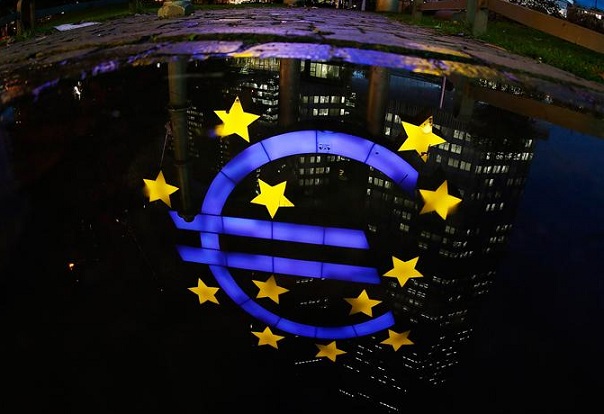Expert Commentary: Focus on risks to eurozone

According to the latest reports, the European economy grew at a stronger pace than the US economy did. Do you agree that further trend is going to be the same?
I do not think so, though it is mostly because the US is likely going to pick back up again. What we saw in the first quarter, and this is something we have seen over the past few years, is that the US has a relatively weak first quarter. This could mean that growth is not going to be as spectacular as it has been over the past years in the United States. Nevertheless, I would say that, overall, the US economy is likely to pick up steam again in the Q2 and Q3. On the other hand, the Euro zone economy is performing quite steadily, while growth is sweeping quite robust at the moment. Still, I do not think that it will be able to keep up with the pace that we have seen in the United States. Currently, we expect the Euro zone growth to come in just under 2% over the year, while we think the United States GDP could hit 2.3% or maybe even 2.5% in 2017.
Experts have no doubts to expect strong data reports for Europe this year, but the upcoming Italian election is likely to show a strong anti-European sentiment that may cause some problems for the Euro and the economy itself. Are you of the same opinion? Why?
I do think that the Italian election is going to draw some risks, but this is going to happen in 2018 only. This election does look like it could cause some issues for the Euro this and next year, because we can see that the two large parties, which together make up more than a half of votes in the polls at the moment, are both strongly Euro-sceptic. The chances are that this is going to continue moving into the election season, which would mean that political risk for Italy, therefore for the Euro zone as a whole, would increase somewhat again. Currently, the question is how much of the entire Euro agenda they would be able to push through…
In your opinion, what next event is likely to be a banana skin for stability in the Euro zone? Why?
If I have to point one banana skin, I would point to Italy. I would say that the Italian election and the overall situation there is something that will be a real concern in a few years ahead.
Analysts suggest that it is necessary for the ECB to partially remove monetary easing. Do you share this point of view? Why?
Here we have to take into consideration deflationary risk that became considerable for the Euro zone. At the current moment, yearly inflation is at 1.9%, while core inflation is seen at 1.2%. We have to be careful though, because there is a likely temporary upward movement in inflation due to the Easter effect which came late this year. Overall, it does look like deflationary risk has disappeared or has decreased significantly, which means that there is a potential to growth after the QE programme. On the other hand, that also means that even though deflationary risk has gone, we do not see that there is a lot of potential for monetary tightening, because inflation expectations are still quite weak for the years ahead.
Bert Colijn
Senior Economist at ING Bank NV

